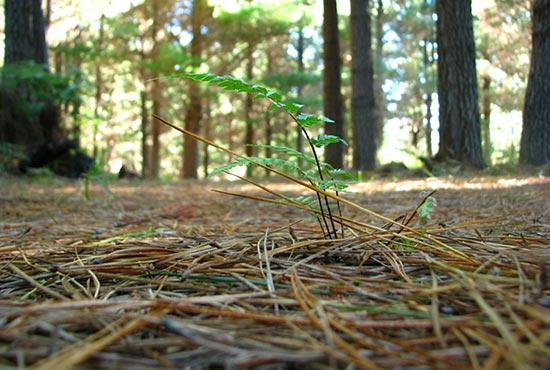
BENEFITS OF FORESTS
New Zealand’s forests have spiritual, social, cultural, environmental, and economic importance. Our forestry and wood processing sector:
- Is New Zealand’s third largest primary sector export earner, bringing in around $6.6 billion per year.
- Is made up of 1.7 million hectares of commercial forestry
- Employs 8,500 people in forestry and 29,300 people in wood processing. This does not account for the many other jobs indirectly generated in support industries.
- Sequesters one third of New Zealand’s annual emissions, including storing carbon in wood products.
- Over $4.3 billion of forestry assets and 40% of land under plantation forestry is estimated to be owned by Māori. 22% of the sector’s workforce is Māori.

As well as being important for New Zealand’s environment, our forests are actively working to mitigate the effects of climate change. Forestry is a key component of the New Zealand Emissions Trading Scheme.
Not only do we depend on forests to regulate the climate, we depend on them to clean our water and our air, and help manage erosion. Our forests sustain many different species of plants and animals, including many that are found only here in New Zealand.
Importance of Forests to our Local Communities
Forests, particularly our indigenous forests, including national parks, scenic reserves, and other conservation areas, provide spaces for recreation, for adventure, for reflection, for time out, and for making memories.
We rely on sustainable forestry and its related wood processing industries to provide tens of thousands of jobs for New Zealanders, supporting our families and our regions.
Māori and Forests
Forests have special meaning for Māori and are an important part of our national identity. Māori connections to forestry and forest land in New Zealand are cultural and spiritual, as well as commercial.
Māori interests in plantation forestry are steadily increasing, and provide an option for the protection of lands, as well as employment and economic benefits. There’s nearly 200,000 hectares of plantation trees on Māori freehold land alone.
The Future of our Forests
Forestry is a critical part of our journey to a low-emissions economy. As the world moves away from dependence on fossil fuels towards a more sustainable, biological-based economy, forestry will become even more important as a major producer of sustainable and renewable resources for New Zealand. The role they play in our society and economy will become even more crucial.
New technologies (from growing trees and harvesting, to end-use products) will also create a range of opportunities to adapt and rethink the way commercial and non-commercial forestry operates. As our trees grow, so does our industry, particularly in terms of adapting to change; helping to ensure thriving environments and communities.